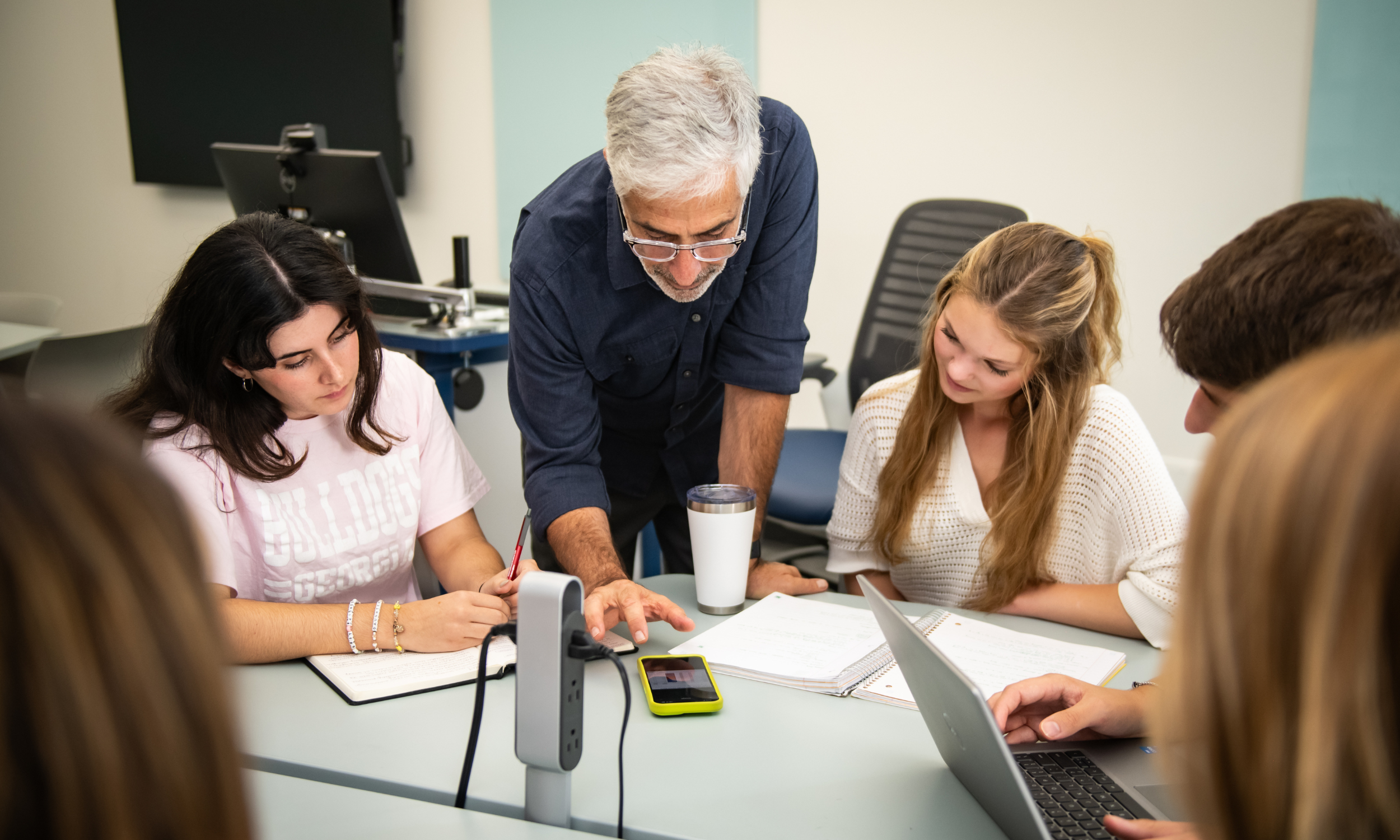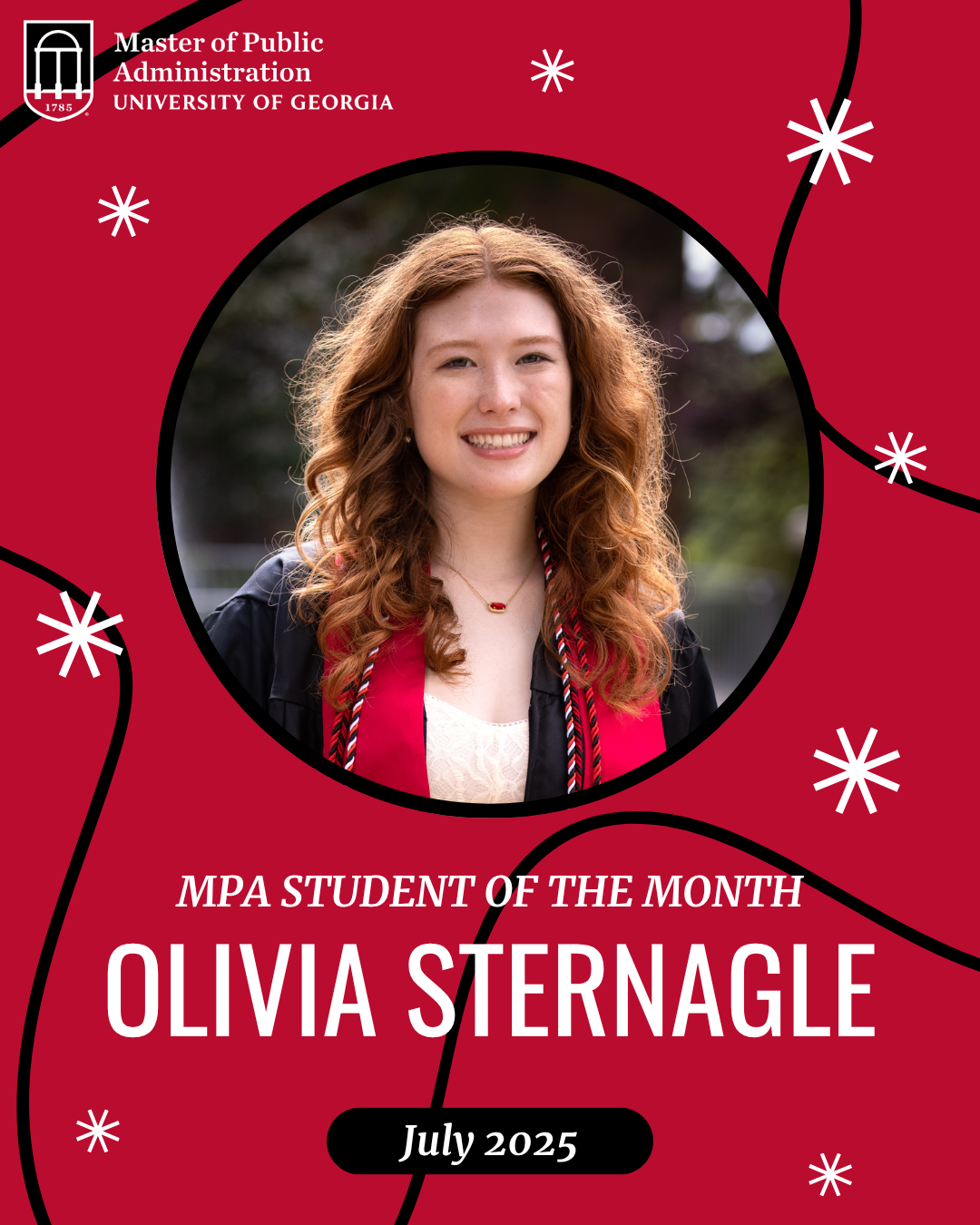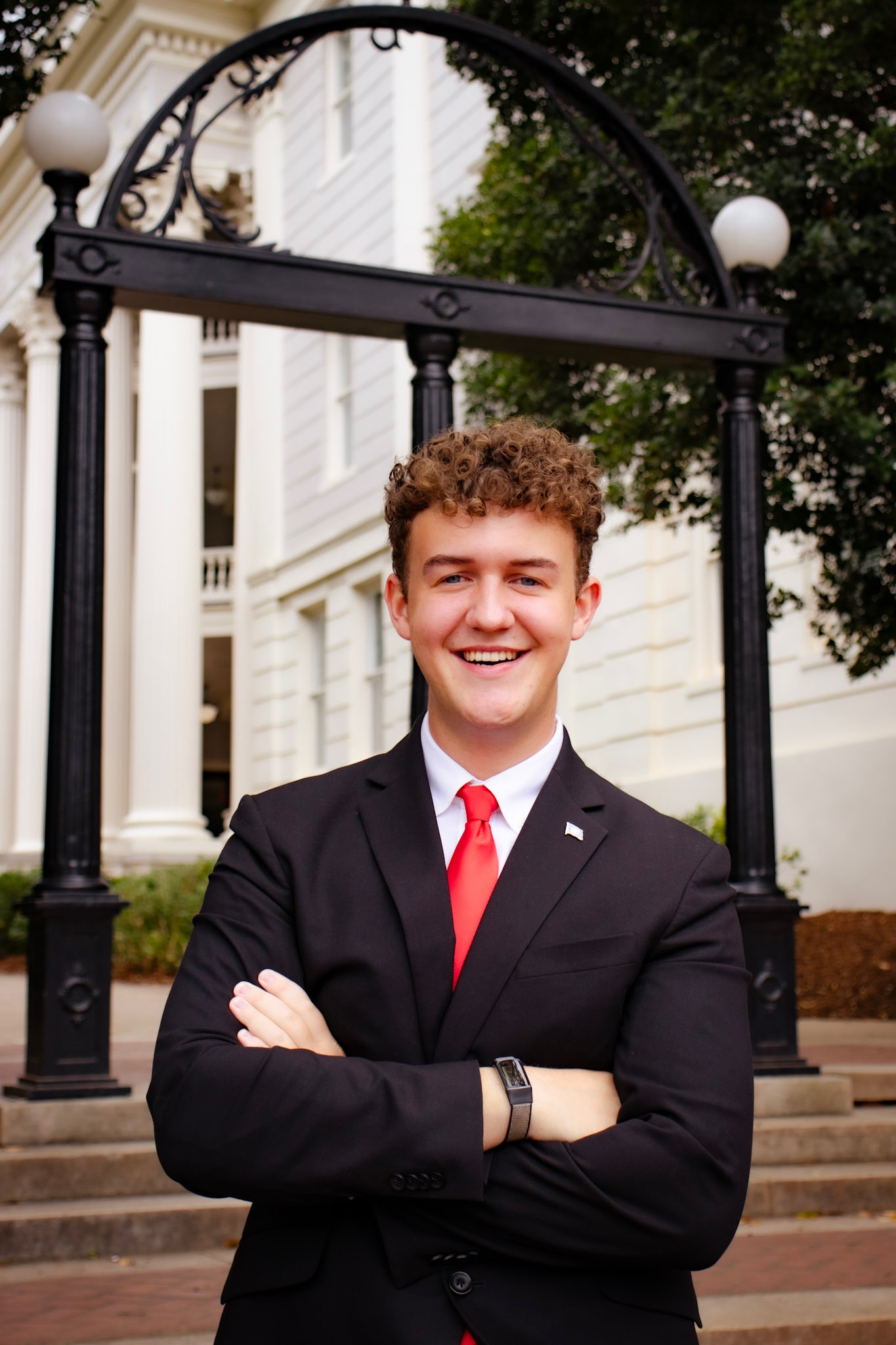By: Rachael Andrews
The Department of International Affairs has established a Diversity and Inclusion Working Group, which began in Fall 2020. The working group is dedicated to enhancing diversity, equity, and inclusion across all the Department’s programs, and links to other ongoing efforts at SPIA and UGA.The Diversity & Inclusion Working Group builds on conversations and connections that took place through the SPIA Diversity & Inclusion Discussion Group, a precursor to the current Working Group. The Diversity and Inclusion Working Group is organized around different themes: Community Diversity, Institutional Change, Emergency Support & Mutual Aid, and Coordination & Communication.
The Discussion Group sought to create a space for conversation and learning around different issues of academic diversity and inclusion at SPIA and beyond, and brought together undergraduate and graduate students, staff, and faculty from across SPIA. Group members led discussions about topics including monuments and historical memory, study abroad, sexual harassment and #MeToo in the academy, Greek Life, and immigration status on campus.
“The COVID-19 pandemic has sharpened some existing disparities and created new inequities in our community and beyond, and the protests of the past year against white supremacy and racial injustice have given additional momentum and urgency to the drive for a more diverse, inclusive, and equitable academy,” explains Dr. Gregory Thaler, assistant professor of International Affairs, and one of the faculty members who helps to facilitate the group.
In that context, the Department of International Affairs created a formal Working Group to advance actions aimed at enhancing diversity, equity, and inclusion in IA programs. While the Working Group sits within the Department of International Affairs, they have sought to maintain the open and collaborative structure of the Discussion Group. The Working Group is open to all students, staff, and faculty, and they have members from across SPIA’s three departments.
Dr. Molly Berkemeier, assistant professor of International Affairs, explains, “Several faculty in the Department of International Affairs, including Greg Thaler, Megan Turnbull, and Chad Clay had previously been hosting a diversity discussion group, and this served as some of the scaffolding on which [the working group was] built.”
Part of the group’s approach has been to identify areas that need to improve and to develop strategies to address those issues. “That approach has led us to focus broadly on enhancing community diversity and inclusion, promoting institutional change through our curriculum and pedagogy and a reckoning with historical and contemporary injustices, and providing emergency support and mutual aid to members of our community,” Dr. Thaler continues.
Dr. Thaler notes that the COVID-19 pandemic played a role in the creation of this group as well. “The pandemic has sharpened some existing disparities and created new inequities in our community and beyond, and the protests of the past year against white supremacy and racial injustice have given additional momentum and urgency to the drive for a more diverse, inclusive, and equitable academy,” he describes.
The group, and those involved, have several goals for the Department of International Affairs and its relations with the broader SPIA and Athens communities. For the Department of International Affairs, Dr. Thaler explains, “We are taking actions to diversify and decolonize our curriculum and pedagogy, including through a panel series that took place in March and a workshop we are planning for this summer.”
He continues, “We would like to acknowledge and build relationships with indigenous communities, in particular with the Muscogee Creek and Cherokee nations on whose land the University of Georgia is located.”
Elise Blasingame, a first-year doctoral student in political science, has participated in the group and recognizes its importance, not only for UGA and the state of Georgia, but also for the national and international stage. She says, “It is really important that we not only do the work of making SPIA an inclusive place for all students and faculty, but also that we lead by example in our academic disciplines.”
Elise has experienced a welcoming and supportive environment for students in SPIA, but she says that there is still work to be done, and that SPIA’s Diversity and Inclusion Working Group is an example of purposeful intent, long-term planning, and investment from the institution.
“When I graduate, I want to be able to say that I was a supportive member of the effort to ensure that our departments are more representative and that we have welcomed leading experts of color, more women, and non-binary scholars to our ranks,” Elise explains.
For a complete list of goals from the group, please visit their page on the SPIA website. In accordance with the pursuit of diversity and inclusion, anyone in the SPIA community – faculty, staff, and/or students – are invited to participate in the group.
For those interested in getting involved with SPIA’s Diversity and Inclusion Working Group, please reach out to Professor K. Chad Clay at [email protected] or Professor Gregory Thaler at [email protected]. Students can also check out the SPIA Honor Society of Diversity, Inclusion, and Equity, and the Working Group seeks to coordinate closely with the Honor Society and other SPIA and UGA initiatives.









